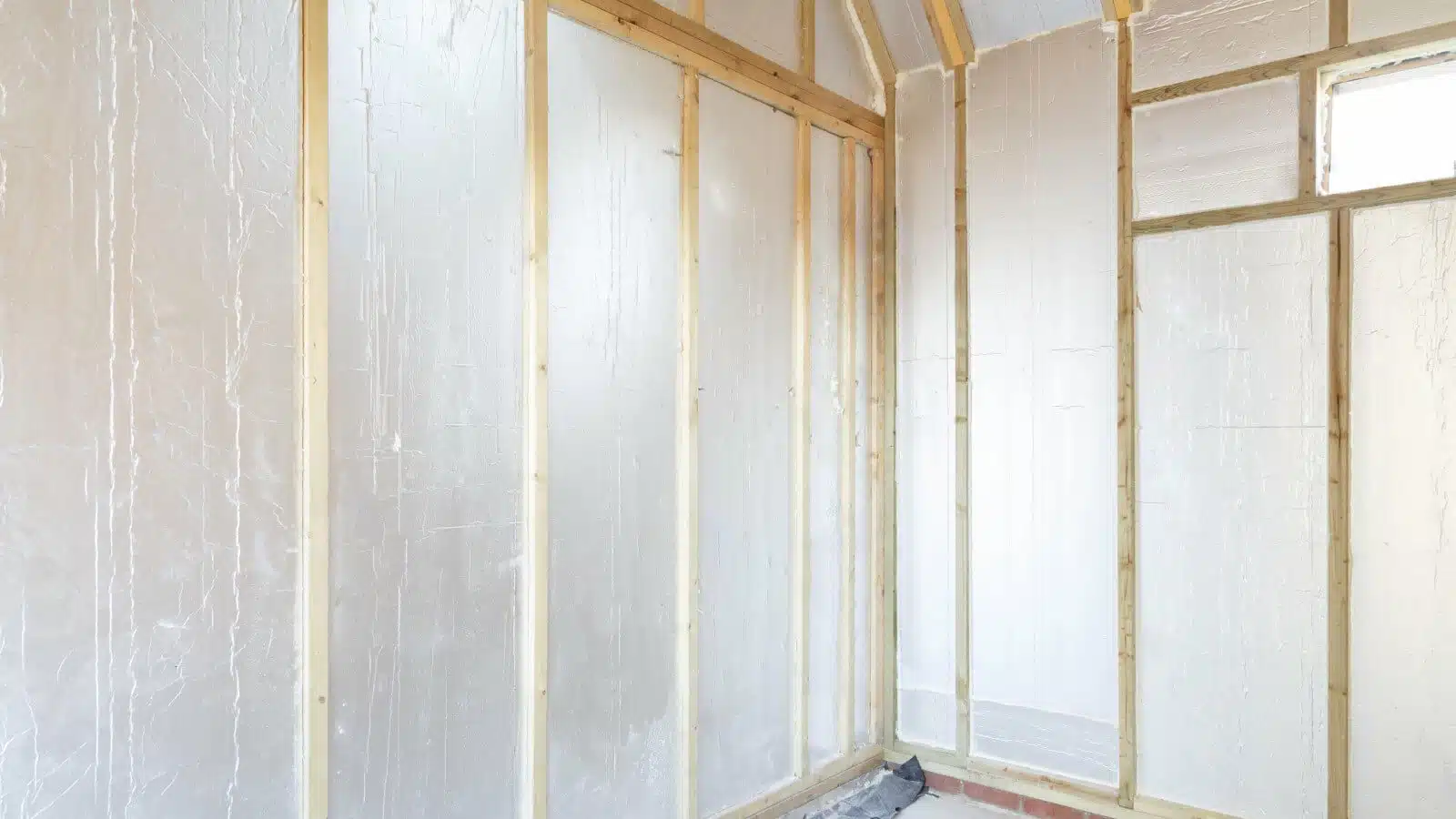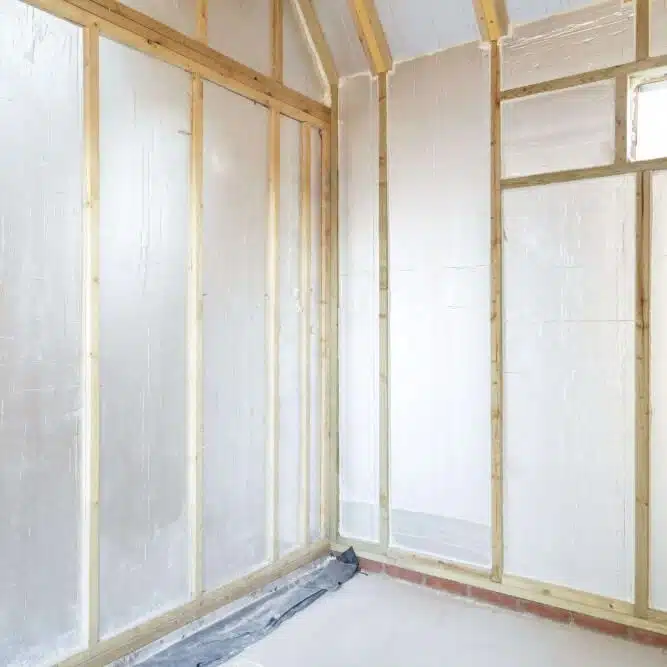Internal Wall Insulation
Insulating the internal walls of your rooms will create a thermal barrier between the inside of your home and the outdoors, dramatically reducing heat loss and therefore reducing your energy bills.
Internal wall insulation is suitable for homes constructed from solid walls (as opposed to cavity walls).
You can expect to save around £410* per year on your energy bill (based on a gas-heated semi-detached home) rising to £710* per year (based on a gas-heated detached home).
Save energy & money
Our team has a couple of different methods for internally insulating a space, including rigid wall-mounted insulation boards or a stud wall with insulation behind. During our home visit we’ll assess which one will suit you best and offer our advice. Either way, less heat will escape through your walls after the insulation is installed.
Getting internal wall insulation
Get in touch with us, even if you’re unsure of your wall type, and we’ll advise over the phone or by email. Then we’ll book you a FREE home visit for a Home Surveyor to come and take a look at your property and confirm suitability, do a few checks and take some measurements.
The insulation will be fitted shortly after by one of our friendly technician crews.

We aim to get back to you by the next working day
Identifying your wall type
Homes built with solid walls are most suited to internal wall insulation, because there is no cavity that can be filled with cavity wall insulation.
Look at the the brick pattern of your property to help you determine whether you have solid walls or cavity walls.
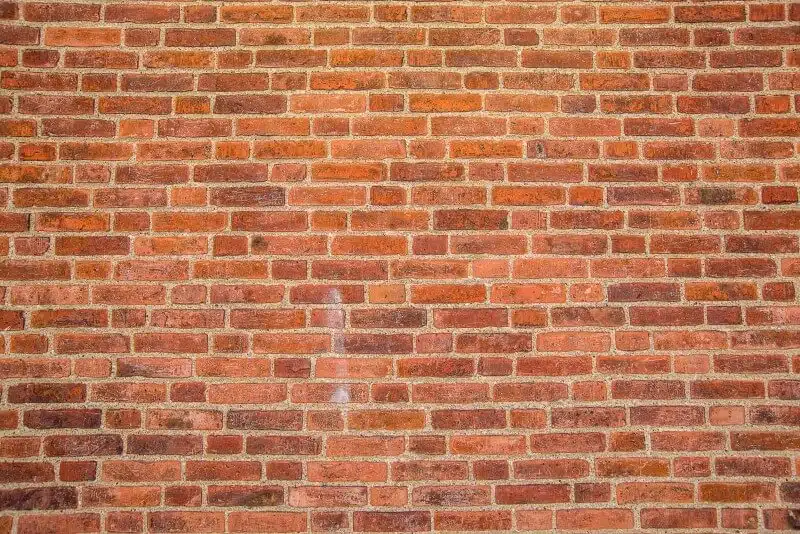
Solid wall
The bricks will have an alternating pattern so that some bricks are laid lengthways and some bricks are laid widthways, showing the smaller ends.
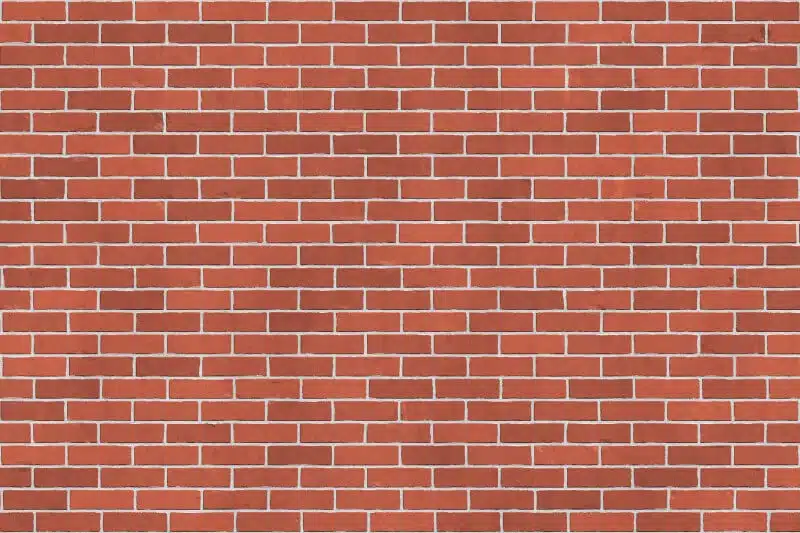
Cavity wall
The bricks will have an even pattern with all the bricks laid lengthways.
Internal wall insulation considerations
Installing internal wall insulation can be disruptive, so many people chose to do it as part of a bigger refurbishment, perhaps having a new kitchen, building an extension or decorating a living space. If it’s a whole house project, we would manage it on a room-by-room basis to minimise the upheaval for you.
Although internal wall insulation is a big job, the benefits and cost-savings are big too, reducing energy bills by up to £710* per year (based on a gas-heated detached home).
The alternative to internal wall insulation
There is another option if internal wall insulation isn’t right for you: external wall insulation.
This is a method of insulating solid walls from the outside, rather than the inside.
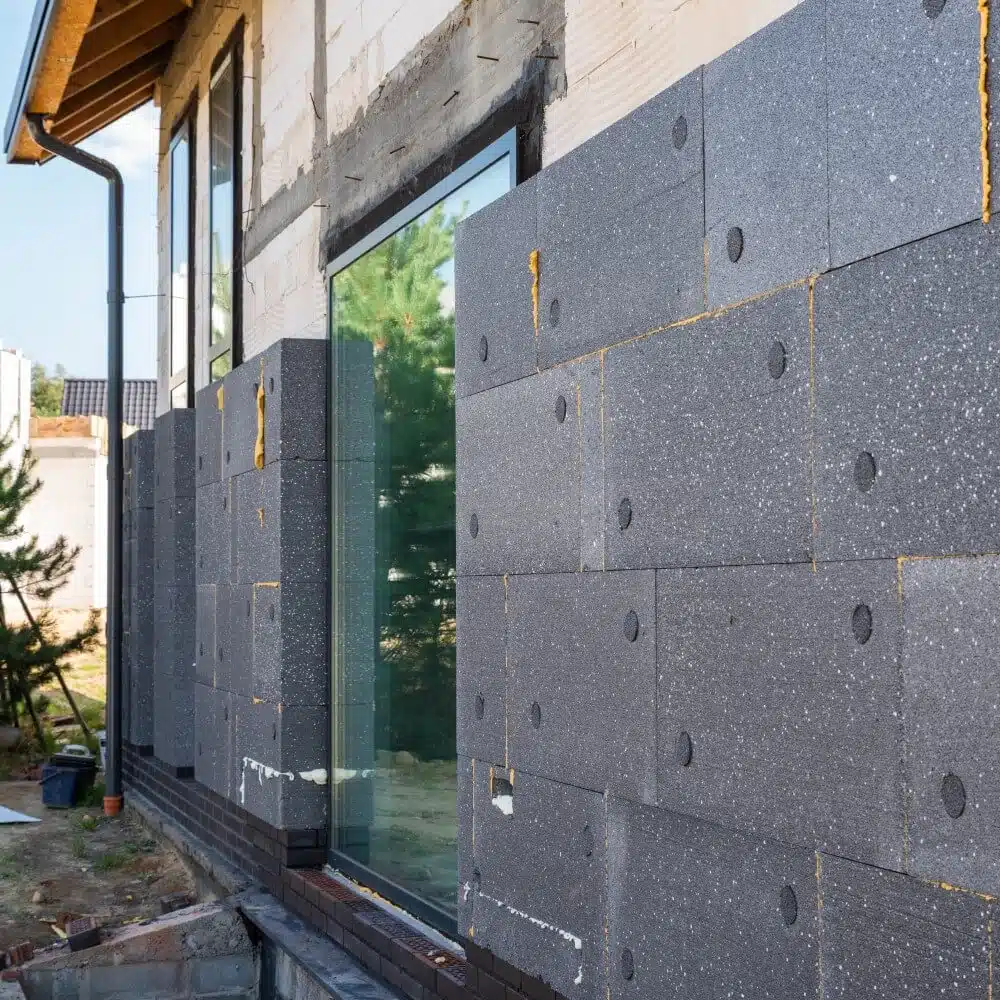

Why choose Evolve?
We’re great at what we do and our team has over 450 years’ experience between us so we know how to do an excellent job. We only use the best materials and all our surveyors and engineers are highly trained and take pride in their work.
Established in 2015
60 members of staff
450 years of combined experience
Over 15,000 homes decarbonised since 2015
A further 80 homes decarbonised every week
3,000 cavity extractions project managed
Internal Wall Insulation FAQs
Internal wall insulation is a highly thermally efficient material that is fixed internally to walls, creating a barrier to heat loss through the walls. It is typically used on solid walls where there is no cavity to fill with insulation.
Internal wall insulation is great for cold rooms, perhaps caused by there being numerous external walls that heat is escaping through. It is also good for stopping cold draughts.
Typically, three to five days, but it very much depends on the size of the room and any other work that may be going on at the same time.
Your walls need to be clear of things hanging on them such as pictures, TV and ornaments. There also needs to be plenty of clear access to the walls that are being insulated. Your Home Energy Surveyor will discuss this with you at the home visit.
The Energy Saving Trust estimates that up to £710 per year* on heating bills can be saved by a detached home.
* Estimates taken from the Energy Saving Trust, August 2023 (www.energysavingtrust.org.uk)

